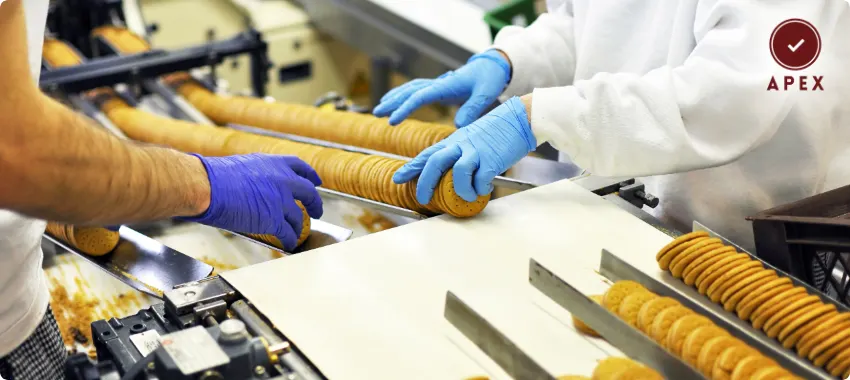HALAL Certification in Ras Al Khaimah

Our professional Halal certification services support organizations in Ras Al Khaimah, UAE, to achieve Islamic dietary compliance and international quality standards. While Halal consultancy services can help businesses with system design and implementation, we specialize in providing the certification that ensures your compliance with Halal requirements. We do not provide consultancy services you can hire any professional consultant to develop their system.
Understanding Halal and Its Importance in the UAE
In Arabic, the term halal indicates permissible items along with their production methods, which follow Islamic legal guidelines. To certify Halal status in food products, one needs to ensure that every process of the food ingredients, its handling and distribution technique fulfils Halal standards. Non-food products such as cosmetics, personal care products, and pharmaceuticals, as well as non-food packaging that include animal ingredients or alcohol ingredients must comply with the Halal principles.
In the United Arab Emirates, the Halal Food Authority of the UAE is the primary body that regulates and certifies the Halal products in all of the Emirates. The regulations enforce standards followed by the GCC Standardization Organization (GSO), the Emirates Authority for Standardization and Metrology (ESMA), and various international Halal certification bodies.
We assist Ras Al Khaimah companies to fulfill regulatory needs, which enables them to receive recognition from international and local authorities.
Scope of Halal Certification in Different Industries
Halal certification leads to benefits for every sector operating in Ras Al Khaimah manufacturing zones and food production units as well as the hospitality industry and export-focused businesses. Food certification within the Halal framework guarantees that food contains no prohibited elements like pork or alcohol as well as requiring proper Islamic meat preparation during slaughter.
The cosmetics industry and pharmaceutical sector must follow Halal compliance standards, which include both acceptable materials and sanitary production protocols. Companies involved in logistics and packaging always need to maintain complete separation between Halal and non-Halal products throughout the transport process and storage period.
In addition to obtaining Halal certification, businesses can benefit from Halal consultancy services to streamline their operations and meet the necessary Halal standards before the certification process. Halal certification enables companies to acquire competitive advantages and develop new business opportunities, as demand from Muslim markets continues to grow both domestically and internationally.
Why Halal Certification Is Essential for Your Business
The culturally diverse market of Ras Al Khaimah demands Halal certification because it has become an essential requirement for businesses. The process of Halal certification enables food producers and restaurant chains, along with manufacturers and exporters, to gain consumer trust and regulatory compliance while gaining better market acceptance in Muslim regions.
By adhering to Halal certification standards, these products demonstrate superior hygienic practices and ethical manufacturing along with safety precautions, which attract international consumers who value health and ethical values. Organizations that achieve Halal certification show their role as socially responsible brands that serve diverse customer groups through their religious products.
Halal certification is often based on internationally recognized rules, such as the food safety management system ISO 22000, manufacturing practice GMP, and HACCP hazard management system. Such systems are designed to facilitate Halal compliance as they promote cleanliness and allow trackable operations and meet integrity of the process requirements of Halal standards. Integration of Halal certification with the standards enables the company to make more efficient operations and the streamlining of their auditing infrastructure.
FAQs
- ISO 9001 Certification in Ras AL Khaimah
- ISO 14001 Certification in Ras AL Khaimah
- ISO 45001 Certification in Ras AL Khaimah
- HACCP Certification in Ras AL Khaimah
- ISO 22000 Certification in Ras AL Khaimah
- GMP Certification in Ras AL Khaimah
- Halal Certification in Ras AL Khaimah
- ISO 27001 Certification in Ras AL Khaimah
- ISO 22301 Certification in Ras AL Khaimah
